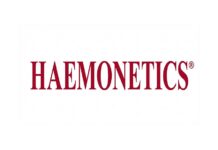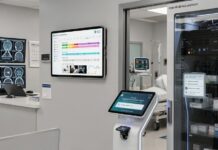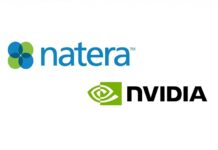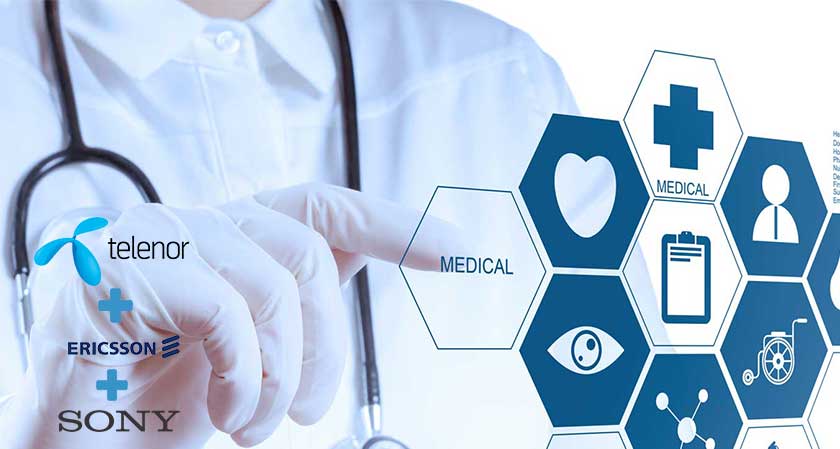While it is being marketed for the healthcare industry, the solution can be deployed in other industries, including cargo tracking or search and rescue missions.
Sony has entered into a collaborative partnership with Ericsson and Norwegian telecommunications firm Telenor, to build Internet of Things (IoT) devices for the healthcare market.
Sony will provide the sensors, using its Visilion advanced tracking solution. Ericsson will provide its IoT Accelerator platform, which enables businesses to connect and manage billions of devices. Telenor will supply the SIM cards and networking tools, which work internationally.
SEE ALSO: Ericsson and Brighter Team Up for IoT-Based Diabetes Treatment
While it is being marketed for the healthcare industry, Sony said the tracking solution can be deployed in other industries, including cargo tracking or search and rescue missions.
For healthcare, the platform could be used as a location tool for valuable equipment, like ECG machines and beds, while also providing real-time indoor geolocations of staff and patients.
The sensors are able to move dynamically between different cellular standards, including 2G, 3G, 4G, NB-IoT, and Cat-M1, enabling businesses in all parts of the world.
“As the use of cellular technology matures, this can have a positive impact on the future of mobile health services and the safety and welfare of end-users,” said Anders Strömberg, head of wearables at Sony Network Communications Europe.


















